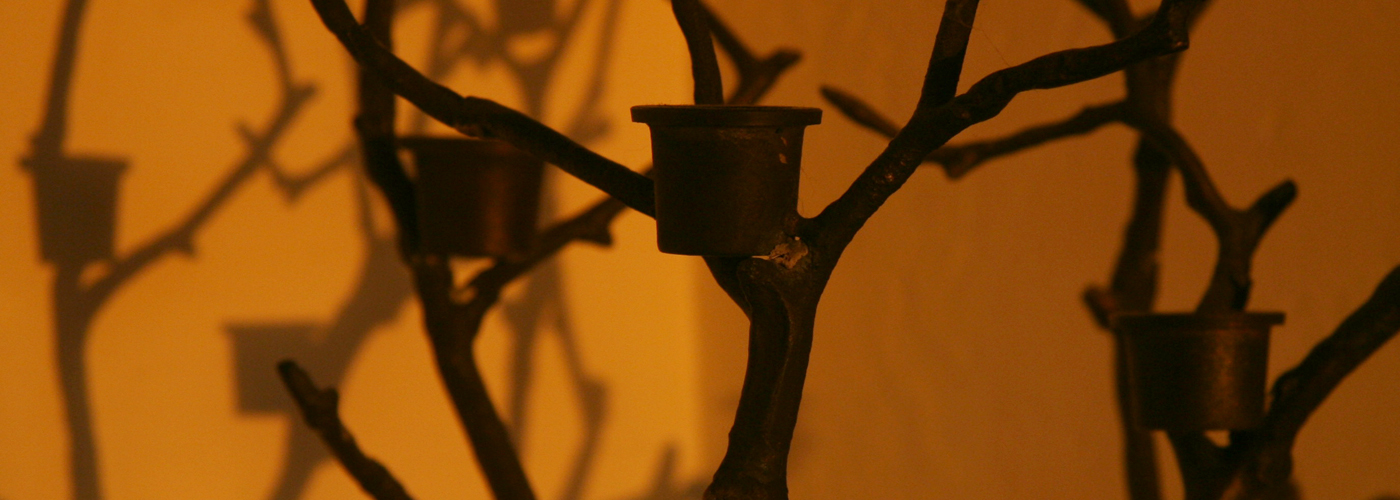Do you remember what you did last night? No, really, think about it. Can you run through exactly what happened, piece by intimate little piece?
Maybe you can see it as clearly as the cup of coffee in front or you…or, maybe it’s already getting fuzzy.
Now think about something significant that happened to you in the past. Your wedding day, for instance; or the birth of your first child; or the day you graduated. How clearly can you remember that event today, right now? Be honest with yourself.
Chances are, that past event–no matter how significant it has been in your life–is at least fuzzy around the edges, if not fully blurred.
[youtube=http://www.youtube.com/watch?v=V_X13P7V2x0]
The point here is not to highlight how your memory is fading and your mind is falling apart. Don’t worry, it’s not. Instead, it’s an exercise in how memory works–and how personal it can be. It’s something I find absolutely fascinating.
And this is especially true when it comes to storytelling.
Think about that past significant event. If you were to write down your take on the event, however precisely you can manage, it would still be just one perspective. Who else was at the event? Someone by your side the whole time, or others who you interacted with only minimally? If they also wrote down every detail they could remember, their take on things would likely differ in some ways–small or substantial–from how you remember them.
And that’s where each person’s story starts to come into shape. Even if you went through a significant event with another person right by your side–a wedding, for instance–each participant’s memory of that would be unique. Not only are we simply different people with different sets of eyes, ears, etc., we each have a unique history. Details strike each of us differently–a picture on the wall might remind you of your grandparents’ house, or a folded napkin might bring to mind a birthday party you attended as a child.
These details are important in your version of this particular event–in your telling of this story. They contribute to making your version of the story unique…and valuable. Don’t worry if you may not have gotten every ‘fact’ correct. In your mind, this is how things happened.
And this is exactly what makes it your story, and no one else’s.
So when it comes to telling your story, pay attention to those details. If something catches your eye in the room–or comes to mind as you’re sitting at the keyboard trying to write–don’t think of it as a distraction, hold onto it for a minute. Embrace it. This is your memory at work, and you are writing your version of this story. No one else can write that story.


This is so true. And cool! Memories change every time you bring them up. It keeps things interesting.